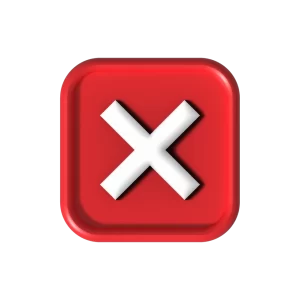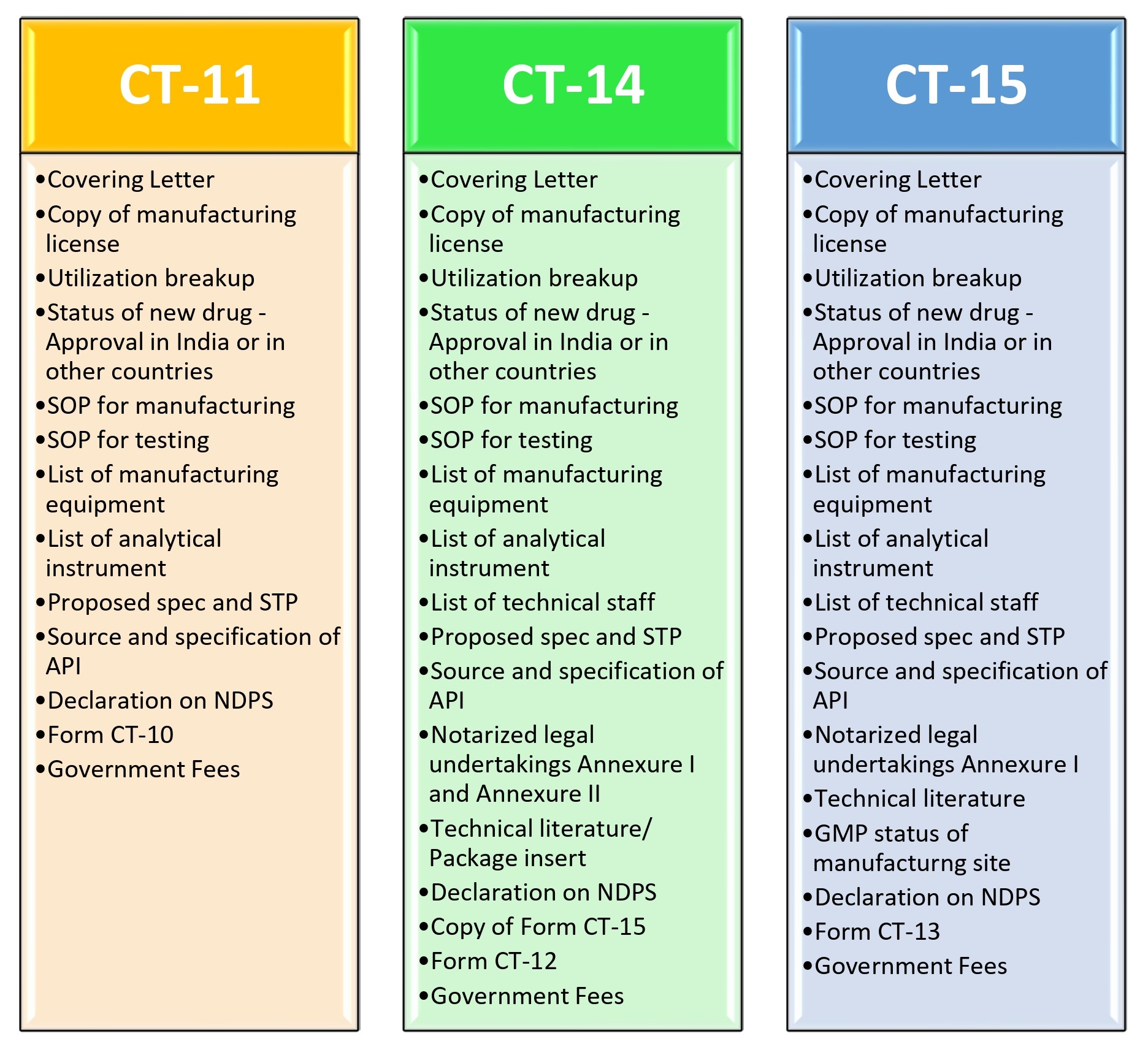Test License for manufacturing new drug in India is the license to manufacture a new drug or an investigational new drug to conduct clinical trial or bioavailability or bioequivalence study or for examination, test and analysis. The only condition is that the drugs manufactured on test license cannot be used for commercial purpose. Obtaining a test license is the foremost step in obtaining new drug approval in India.
For in-depth understanding we need to understand following concepts:
What is a new drug: As per New Drug and Clinical Trial Rules, 2019, a new drug may be defined as:
- A drug, including active pharmaceutical ingredient or phytopharmaceutical drug, which has not been used in the country to any significant extent, except in accordance with the provisions of the Act and the rules made thereunder, as per conditions specified in the labelling thereof and has not been approved as safe and efficacious by the Central Licensing Authority with respect to its claims; (Simply stating – an IND or a drug approved in other countries but not approved in India) or
- A drug approved by the Central Licensing Authority for certain claims and proposed to be marketed with modified or new claims including indication, route of administration, dosage and dosage form; (Subsequent New Drug) or
- A fixed dose combination of two or more drugs, approved separately for certain claims and proposed to be combined for the first time in a fixed ratio, or where the ratio of ingredients in an approved combination is proposed to be changed with certain claims including indication, route of administration, dosage and dosage form (FDC); or
- A modified or sustained release form of a drug or novel drug delivery system of any drug approved by the Central Licensing Authority; or
- A vaccine, recombinant Deoxyribonucleic Acid (r-DNA) derived product, living modified organism, monoclonal anti-body, stem cell derived product, gene therapeutic product or xenografts, intended to be used as drug;
Explanation: The drugs, other than drugs referred to in sub-clauses (iv) and (v), shall continue to be new drugs for a period of four years from the date of their permission granted by the Central Licensing Authority and the drugs referred to in sub-clauses (iv) and (v) shall always be deemed to be new drugs.
What is a Test license: Test license is the license granted by State Licensing Authority (SLA) on Form 29 to manufacture a drug for the purpose of carrying out clinical trial or bioavailability or bioequivalence study or for examination, test and analysis.
Is there a difference between test license application for manufacturing old drug and new drug: Yes, there is a difference as for old drug you need to make an application directly to your respective SLA on Form 30 and obtain Form 29. However, for new drugs you need to first obtain permission from Central Licensing Authority (CLA) – CDSCO on Form CT-11, CT-14 or CT-15 (as applicable). After obtaining necessary permission you may then apply to your respective SLA on Form 30 and obtain Form 29
| Procedure for Test License Application | For Old Drugs | For New Drugs |
| Application for permission to manufacture new drugs from Central Licensing Authority (CLA) – CDSCO on CT-10/ CT-12/ CT-13 |  |
|
| Permission to manufacture new drugs issued by Central Licensing Authority (CLA) – CDSCO on CT-11/ CT-14/ CT-15 |  |
|
| Application for Test License to manufacture drugs on Form 30 to State Licensing Authority | ||
| Test License to manufacture drugs issued by State Licensing Authority on Form 29 |
What is the difference between various types of permission i.e, CT-11, CT-14 and CT-15: Please refer below mention table to understand it better:
|
CT-11 |
CT-14 |
CT-15 |
|
| Application Form | CT-10 | CT-12 | CT-13 |
| Type of Activity | Manufacture | Manufacture | Manufacture |
| Type of Drug | New Drug or IND | New Drug or IND | New Drug or IND |
| Formulation/ API | Formulation | Formulation | API |
| Status of API | Approved/ Licensed to manufacture in India | Unapproved API | Unapproved API |
| Purpose of Permission | To manufacture new drug or IND to conduct clinical trial or bioavailability or bioequivalence study or for examination, test and analysis | To manufacture formulation of unapproved API to conduct clinical trial or bioavailability or bioequivalence study or for examination, test and analysis | To manufacture unapproved API for development of formulation to conduct clinical trial or bioavailability or bioequivalence study or for examination, test and analysis |
| Permission issued on |
CT-11 |
CT-14 |
CT-15 |
Is there any correlation between CT-14 and CT-15: Yes, as explained above CT-14 is the permission issued to formulation manufacturer to manufacture test batches of formulation of a drug using unapproved API. For manufacturing this unapproved API, the API manufacturer has to obtaining CT-15. In fact, CT-15 is a prerequisite for CT-14.
Where to apply for CT-11, CT-14 and CT-15: Applications for CT-11, CT-14 and CT-15 are made on www.nsws.gov.in after registration on this portal. For any support in filing the application you may contact us on vaayath@gmail.com
What is the fee for the application: Application fee for CT-11, CT-14 and CT-15 is Rs 5000/- per application per strength. Eg. For a product applied with one strength, the fee is Rs 5000/-, for a product with 4 strengths, the fee will be Rs 20000/-.
What is the validity of a Test license: A test license is valid for a period of three years from the date of issuance.
Which documents are required for CT-11, CT-14 and CT-15 applications: Documents required for CT-11, CT-14 and CT-15 are as follows:

What is the normal processing time for CT-11, CT-14 and CT-15 applications: Normally it is done within 15 days, however, official timeline is 90 days.
Can we use the drugs manufactured on test license for commercial purpose: The products manufactured on test license are only for the purposes of conducting clinical trial or bioavailability and bioequivalence study or for examination, test and analysis and no part of it shall be sold in the market or supplied to any other person or agency or institution or organization.
What is to be done with left over quantities of the drug manufactured on test license after finishing of the study: The left over quantities shall be destroyed and proper records of destruction shall be maintained.
We hope with the above information most of your concerns w.r.t. test licensing procedure for manufacture of new drugs is cleared. In case any concern still persists, you can write to us on vaayath@gmail.com. We will be happy to respond.
For any support or guidance in filing of the test license applications or new drug approvals please feel free to contact.

.png
)

Sameer Raza
April 12, 2025Can the quantity made on test license used for customer seeding purposes?
vaayath vaayath
April 15, 2025can you please explain the term seeding purpose?? Quantity manufactured on test license is only for the purpose of examination, test and analysis and not for any commercial purpose.